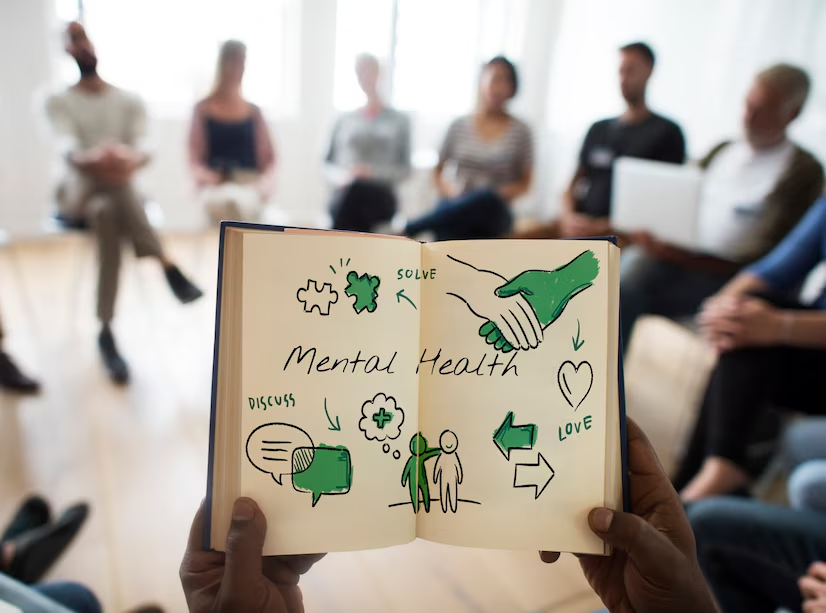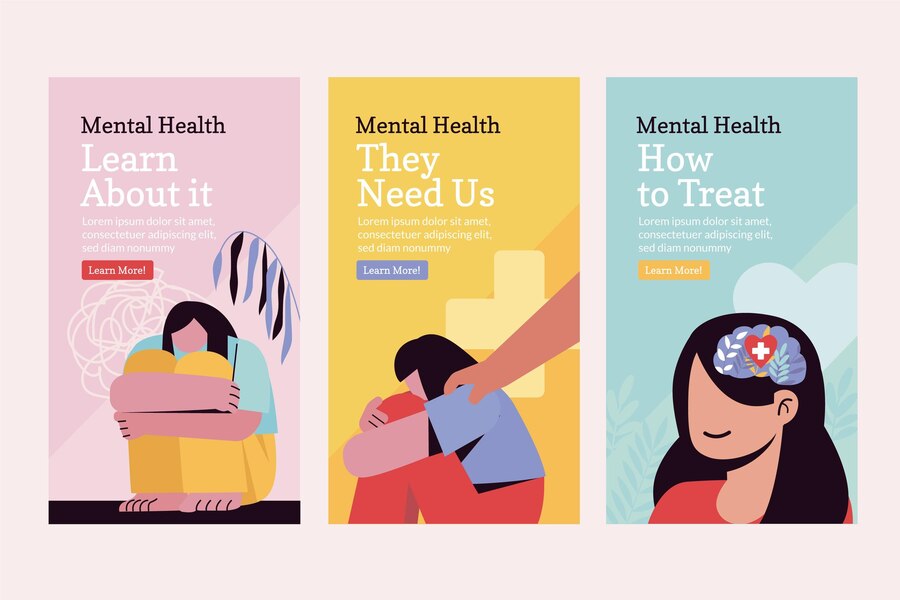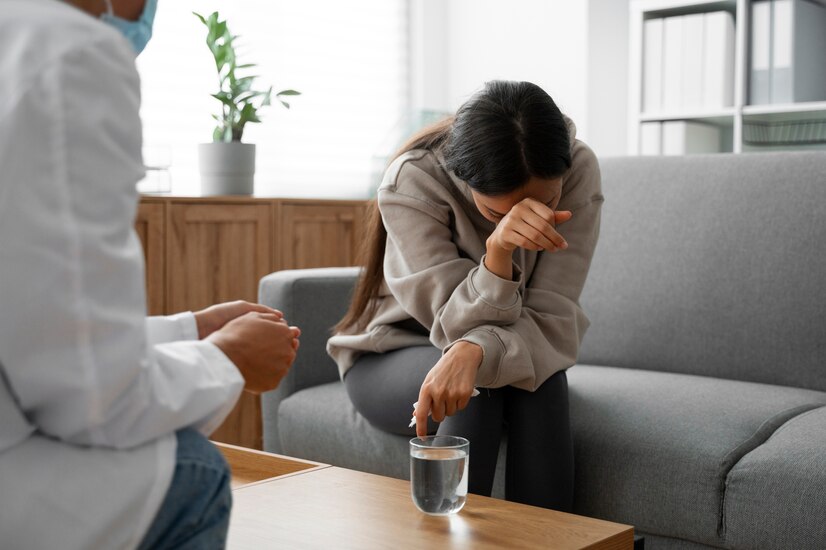Table of contents
Mental health challenges are affecting millions worldwide, with conditions like depression, anxiety, PTSD, and mood disorders becoming increasingly common. While traditional treatments such as therapy and medication play a vital role in managing these conditions, many individuals are now exploring alternative options like CBD for mental health.
CBD (cannabidiol), a non-psychoactive compound found in hemp, has gained popularity in recent years for its potential therapeutic benefits. But what does the research say about CBD’s effects on mental well-being? And how can it help people manage conditions like depression and PTSD?
Let’s explore how CBD for mental health is emerging as a natural complement to traditional treatments.
What Is CBD and How Does It Affect the Brain?

CBD is one of over 100 cannabinoids found in the cannabis plant. Unlike THC (tetrahydrocannabinol), CBD does not produce a “high.” Instead, it interacts with the endocannabinoid system (ECS)—a complex cell-signaling system that plays a role in regulating mood, stress response, sleep, appetite, and cognitive function.
CBD is believed to influence serotonin receptors, which are essential in maintaining mood balance. This interaction may help explain why people are turning to CBD to manage anxiety, depression, and other mental health issues.
Benefits of CBD for Mental Health

1. CBD for Depression
Depression is often linked to low serotonin levels. CBD may help regulate serotonin signaling in the brain, similar to the way some antidepressants work—without the harsh side effects. Users report feeling more balanced, calm, and uplifted after consistent use.
2. CBD for PTSD (Post-Traumatic Stress Disorder)
PTSD is a severe anxiety disorder triggered by traumatic experiences. Studies suggest that CBD may help reduce symptoms such as nightmares, flashbacks, and heightened stress. By influencing memory reconsolidation and fear response, CBD can aid emotional recovery.
3. CBD for Anxiety and Panic Disorders
CBD has well-documented anxiolytic (anti-anxiety) properties. It helps calm the nervous system, making it easier to handle social situations, reduce racing thoughts, and prevent panic attacks. This makes CBD a valuable tool for those with generalized anxiety or social anxiety disorder.
4. Improved Sleep and Mental Resilience
Poor sleep can worsen mental health conditions. CBD is known for improving sleep quality by reducing stress and promoting relaxation. A well-rested mind is more resilient and better equipped to cope with daily challenges.
5. Mood Stabilization for Bipolar and Mood Disorders
Although more research is needed, some individuals with bipolar disorder or mood swings report that CBD helps them stay more emotionally balanced throughout the day, without the sedation or weight gain that often comes with pharmaceuticals.
How to Use CBD for Mental Health

The right CBD product depends on your needs:
- Tinctures/Oils – For fast, daily mood support.
- Capsules – Great for routine use and accurate dosing.
- Vape Pens – Rapid relief for anxiety or panic.
- Edibles – A discreet way to consume CBD.
- Topicals – While not commonly used for mental health, they can help with body tension.
Start with a low dose and monitor how you feel. Consistency is key, and results may take a few days to a few weeks.
5 Frequently Asked Questions (FAQs)
CBD is not a replacement for prescribed medication but may serve as a complementary therapy. Always consult with your healthcare provider before changing your treatment plan.
Yes, CBD is generally considered safe with minimal side effects such as drowsiness or digestive upset. It’s non-addictive and non-intoxicating.
Dosing varies by individual. A common starting dose is 10–25 mg per day. Work your way up based on how your body responds.
Absolutely. Many therapists support integrating CBD into mental health plans as a natural aid, especially for stress, anxiety, or sleep disturbances.
Full-spectrum CBD may offer enhanced benefits due to the entourage effect (all cannabinoids working together), but both forms can be effective.
Final Thoughts
Using CBD for mental health is not about replacing conventional therapy—it’s about enhancing your wellness journey with a natural, supportive option. Whether you’re dealing with depression, PTSD, or chronic stress, CBD may offer relief, balance, and renewed peace of mind.
Before starting any supplement, it’s essential to speak with a mental health professional. With proper guidance and mindful use, CBD could be a powerful tool for mental wellness.





